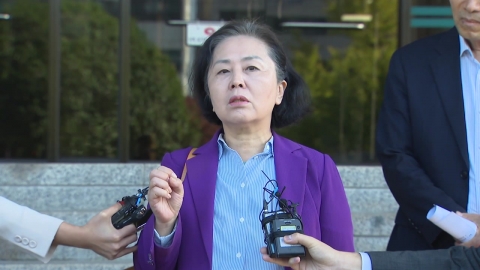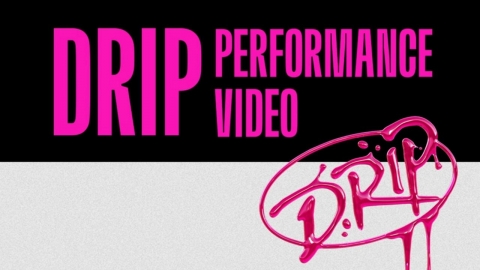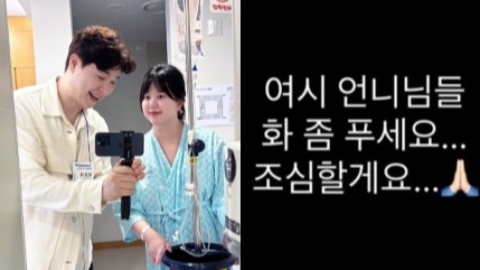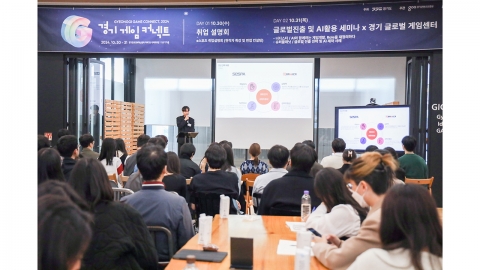About one in five patients who were injured while riding personal mobile devices such as electric kickboards were unlicensed drivers.
If an accident occurs due to unlicensed driving or signal violations, special care should be taken as health insurance benefits may be taken back when treating injuries.
Reporter Baek Jong-gyu's report.
[Reporter]
Recently, the number of electric kickboard accidents among teenagers is increasing rapidly.
According to an investigation by the Korea Centers for Disease Control and Prevention, 1,258 "damaged patients" were injured in personal mobile device accidents from September 2022 to August last year.
'Injured Patients' refers to patients who visit hospitals due to external risk factors, and when checked by age group, those aged 15-24 accounted for the most with 40.4%, followed by those aged 25-34 with 25.6%.
Personal mobile devices can only be driven by those who have a driver's license or higher from the age of 16, but 18.3% of the patients were unlicensed.
A survey by the Ministry of Public Administration and Security also found that 2,389 personal mobile device traffic accidents occurred last year, of which 69% were teenagers under their 20s.
In the midst of a surge in deaths, if an accident occurs due to unlicensed driving or signal violations, health insurance benefits may be limited.
In fact, a minor was injured in a collision with a vehicle last year while driving an electric kickboard without a license, violating a signal, and the treatment cost was about 40 million won.
However, the National Health Insurance Service ordered the recovery of unfair profits, saying that the cause of the accident constitutes a "criminal act due to serious negligence."
Personal mobile devices are classified as cars under the Road Traffic Act, and if they cause a traffic accident due to 12 major violations of their obligations, such as unlicensed, signal violation, or drunk driving, and receive medical treatment with health insurance at the hospital,
can be regarded as a criminal act and regarded as an unfair advantage to recover salary costs.
[Kim Jong-seok / Team leader of the National Health Insurance Service's legal support office: We are considering 12 major violations of obligations, and this is not necessarily a salary limit. We are judging by comprehensively considering the causal relationship between legal violations and insurance accidents.
Since most of the gross negligence is not accepted even if an objection is filed regarding the return of unfair gains, it is most important to be careful not to violate road traffic laws.
I'm BAEK JONG KYU of YTN.
※ 'Your report becomes news'
[Kakao Talk] YTN Search and Add Channel
[Phone] 02-398-8585
[Mail] social@ytn.co.kr
[Copyright holder (c) YTN Unauthorized reproduction, redistribution and use of AI data prohibited]
Society
More- [Start briefing] Gangnam Dermatology is overflowing... "It's Botox but I don't watch atopy".
- [Exclusive] Investigation of hospital director accused of repeated illegal prescriptions of propofol..."My wife died of addiction".
- Multi-family housing in Gasan-dong, Seoul...14 residents evacuated
- 'Children and Hemp Smoking' YouTuber arrested after 1 year and 7 months of escape
![[Breaking News] Joint Chiefs of Staff "North Korea launches ballistic missiles into East Sea"](https://www.ytn.co.kr/img/news/default_img.jpg)
![[Reporting Y] "Attempted loan" Chairman Shinhyup..."Put it on the board".](https://image.ytn.co.kr/general/jpg/2024/1105/202411050512509241_h.jpg)







